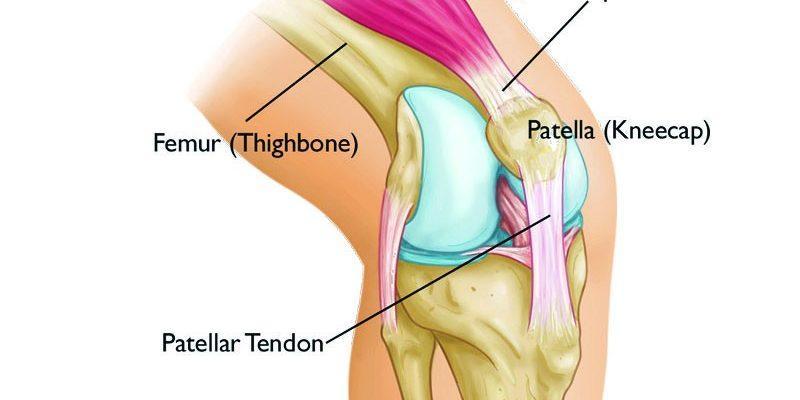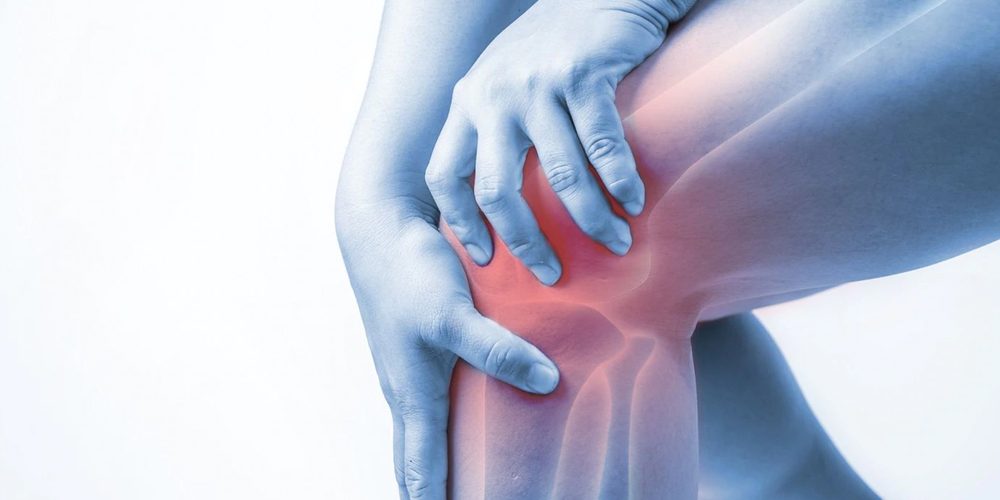Knee pain is a common problem affecting people of all ages, but anterior knee pain stands out as one of the most frequently reported types. It is characterized by pain in the front of the knee, often around the kneecap, which can interfere with daily activities. Understanding this condition is important, as it can significantly impact movement and quality of life. In this blog, we’ll dive deep into what causes anterior knee pain, its symptoms, how it’s diagnosed, and how you can manage and treat it effectively.
What is Anterior Knee Pain?

Anterior knee pain is pain that occurs in the front part of the knee, typically around the patella (kneecap). This condition is also referred to as patellofemoral pain syndrome (PFPS) or runner’s knee, though it can affect anyone, not just athletes. The pain usually worsens with activities such as climbing stairs, squatting, sitting for long periods, or running.
Common Causes of Anterior Knee Pain
- Overuse or Repetitive Motion:
Repeated stress on the knee joint from activities like running, cycling, or jumping can irritate the tissues around the kneecap. - Misalignment of the Patella:
If the kneecap doesn’t align properly with the thigh bone, it can cause excessive friction and pain. This misalignment may occur due to muscle imbalances or poor posture. - Weak Muscles:
Weakness in the quadriceps, hamstrings, or hip muscles can lead to improper knee mechanics, which may result in pain in the front of the knee. - Injury:
Any trauma or injury to the knee joint, such as a fall or a blow to the knee, can lead to anterior knee pain. - Arthritis:
Osteoarthritis or other forms of arthritis can cause cartilage breakdown in the knee, leading to pain and inflammation.
Symptoms of Anterior Knee Pain
- Pain around or behind the kneecap
- Worsening pain with activities like sitting, climbing stairs, or squatting
- A feeling of instability or “giving way” when walking or standing
- Swelling or stiffness in the knee joint
- Tenderness when touching the kneecap
How is Knee Pain Diagnosed?

If you experience persistent knee pain, it’s essential to consult an orthopedic specialist. Your doctor will conduct a thorough physical examination, reviewing your medical history and any activities that could have contributed to the pain. They may also perform imaging tests like X-rays or MRI to rule out underlying conditions like arthritis or cartilage damage.
Treatment Options
- Rest and Ice:
Resting the knee and applying ice can help reduce inflammation and alleviate pain, especially after activity. - Physical Therapy:
A physical therapist can design exercises to strengthen the muscles around the knee and improve flexibility, helping to correct muscle imbalances and restore proper movement. - Knee Braces or Supports:
A knee brace or patella support can help stabilize the knee and reduce pain during activities. - Medications:
Over-the-counter anti-inflammatory medications like ibuprofen can help manage pain and reduce inflammation. - Surgery:
In severe cases, if conservative treatments fail, surgical options like patellar realignment or arthroscopic surgery may be necessary.
When Should You Seek Professional Help?
If your knee pain persists despite self-care, or if you experience significant swelling, instability, or difficulty walking, it’s time to see a doctor. Early intervention can prevent the pain from worsening and help you avoid long-term complications.
Dr. Kunal Makhija: Your Trusted Orthopedic Surgeon
Dr. Kunal Makhija is a highly respected orthopedic surgeon specializing in knee and hip joint issues. With years of experience, Dr. Makhija offers expert treatments for conditions like anterior knee pain, utilizing the latest medical technology. His personalized approach ensures that every patient receives the most effective treatment plan tailored to their individual needs.
If you’re struggling with knee pain or need advice on the best treatment options, Dr. Kunal Makhija is the trusted surgeon you can rely on for optimal results.
Contact Dr. Kunal Makhija for Consultation
To schedule a consultation with Dr. Kunal Makhija, or if you have any questions about knee pain treatment, feel free to contact his clinic.
FAQs
- What activities should I avoid if I have anterior knee pain?
Avoid activities that put excessive stress on your knee, such as running, squatting, and jumping. Focus on low-impact exercises like swimming or cycling. - Can anterior knee pain go away on its own?
Yes, with proper rest and physical therapy, many people experience significant improvement in their symptoms. However, some may require ongoing treatment. - How long does it take to recover from anterior knee pain?
Recovery time varies, but with appropriate treatment, most people begin to feel better within 4-6 weeks. Full recovery may take several months, depending on the severity. - Is surgery always necessary for anterior knee pain?
Surgery is generally considered a last resort. Most cases can be managed with conservative treatments like physical therapy and pain management. - Can anterior knee pain lead to long-term problems?
If untreated, chronic anterior knee pain can affect your ability to move properly and may lead to further joint damage. Early treatment is essential for the best outcome.
Conclusion
Anterior knee pain can be a debilitating condition that affects your ability to perform daily activities. By understanding the causes, symptoms, and treatment options, you can take the necessary steps to manage and overcome this pain. If you’re struggling with knee issues, don’t hesitate to reach out to a qualified orthopedic surgeon like Dr. Kunal Makhija for personalized care. Early intervention and proper treatment can help you regain mobility and improve your quality of life.
